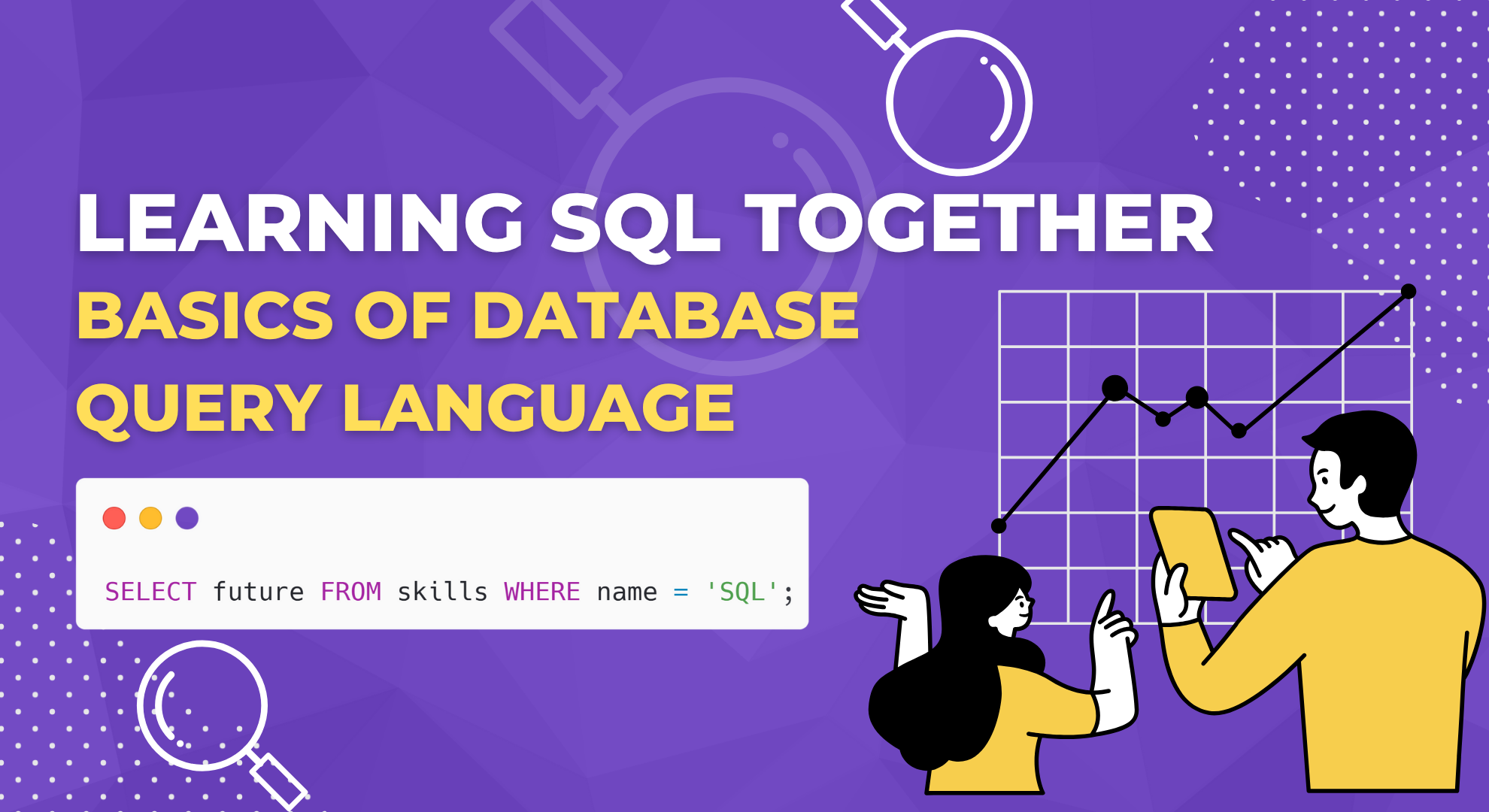Learning SQL together: the basics of the database query language

Decision-making speed often determines the winner. This applies to both sports and business. It is critically important to have access to up-to-date data - which clients are buying what, are the product metrics okay, what is the conversion rate of the new service? Dashboards often answer these questions, but what if they’re not available? In such cases, you need the skill to work directly with the database. And when it comes to working with databases, the first language you should learn is SQL. These lessons of our course are dedicated to this structured query language.
SQL (Structured Query Language) — is a query language used to interact with relational databases. It is not a full-fledged programming language, but it allows effective querying, modifying, and managing information. Although SQL seems simple at first glance, behind it lies a wide toolkit that allows all database operations - from building reports to automatic archiving of important information.
Why learn SQL?
SQL — is a universal tool. If you plan to work in analytics, web development, Data Science, or testing, knowledge of SQL will be your advantage. And most importantly — SQL is equally necessary for both beginners and experienced professionals.
Currently, the main standard of the language is ANSI SQL. However, each database management system (DBMS) — MySQL, PostgreSQL, Oracle, etc. — has its own SQL dialect. For example, MySQL — is MySQL SQL, Microsoft — Transact-SQL. Still, the main commands remain similar, and if you learn the basic logic, you’ll be able to adapt to any environment.
Query structure: simply about the complex
Each SQL query consists of separate elements:
- Command (e.g., SELECT) defines what exactly we want to do.
- Modifier clarifies the action.
- Operator allows setting conditions (e.g., >, =).
- Values — are either the data we input or values from the table.
SQL commands can conditionally be divided into four main groups:
-
DDL (Data Definition Language) — for creating and modifying the structure of databases.
-
DML (Data Manipulation Language) — for adding, changing, and deleting data.
-
DCL (Data Control Language) — for managing access to data.
-
TCL (Transaction Control Language) — for managing transactions (complex operations).
What about assistants?
We live in the era of artificial intelligence, so don’t be shy to consult! If you are not sure about the syntax or want to make sure the query is written correctly, artificial intelligence (such as ChatGPT) can help. AI can do almost everything for you — generate a query, find errors, translate it between dialects. But the result directly depends on how clearly you formulate the instructions. And don’t forget — always check the result, because even artificial intelligence can make mistakes.
Join our course
At the SkillsUp course we focus on practice: You will learn not just to write queries, but to understand how tables work and how to properly extract needed data from them.
Already in the first lessons we lay the foundation. This is an important stage, after which you will be able to independently build simple queries, understand what is happening in the database, and not be afraid of large volumes of information. And then — only more interesting!
SkillsUp — is training with practice, support, and a modern approach. We invite you to the SQL course — start working with data confidently today!
